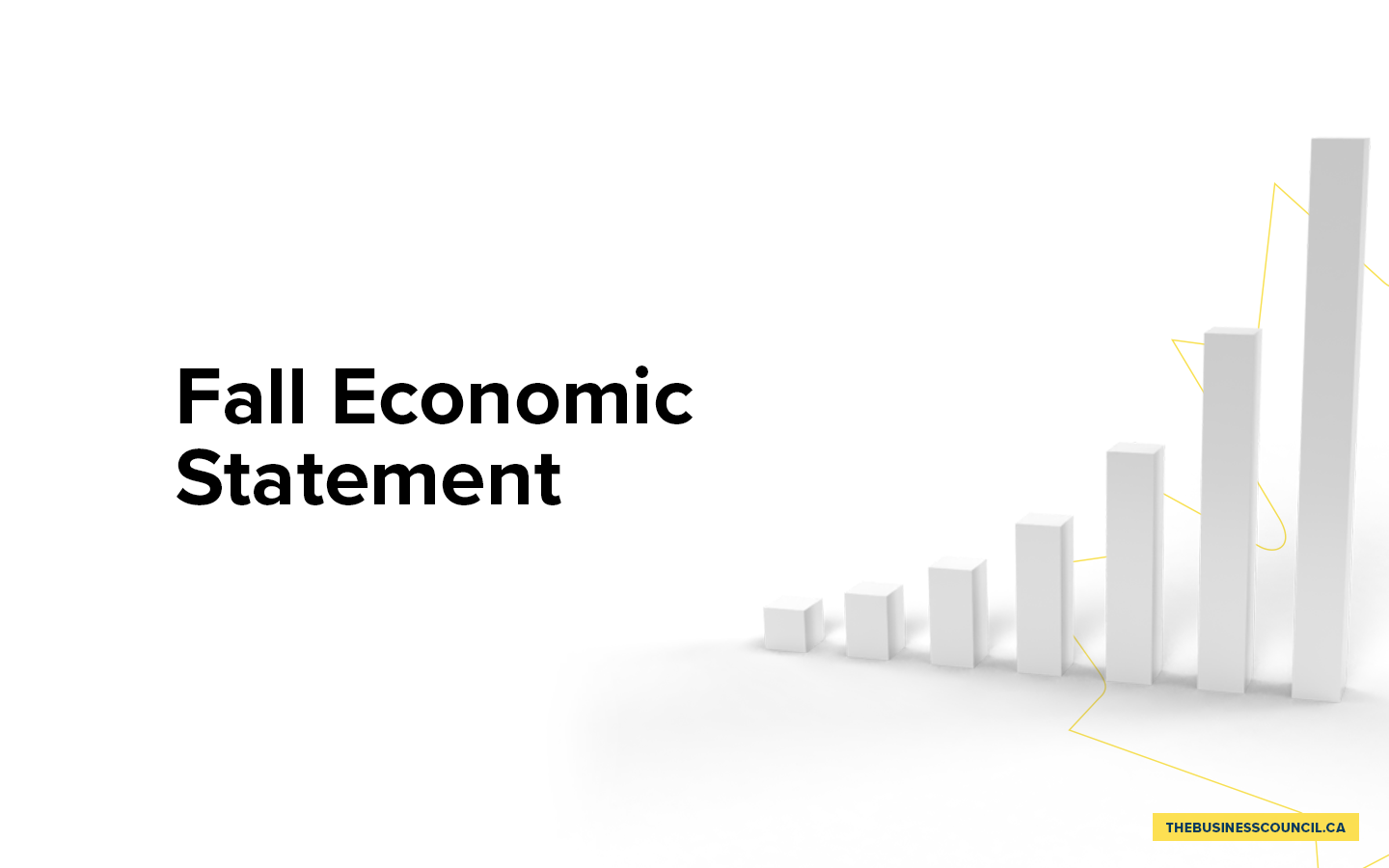More spending on debt means less investment in people
The federal government’s fall fiscal update fails to set the country’s finances onto a sustainable path, warns the Business Council of Canada (BCC). With an inflation rate at 3.1 per cent, increased debt servicing costs and slowing revenues, it is essential that the government adheres to a meaningful fiscal anchor, one which would limit debt servicing costs to a maximum of 10 per cent of revenue going forward.
“Every dollar we spend on interest payments is a dollar that is not being invested in Canadians,” said Goldy Hyder, BCC president and CEO. “The federal government is now planning to spend more next year to service the debt than it will pay in healthcare transfers.”
The fiscal outlook projects debt servicing charges to be $52.4 billion in 2024-25. That same year the Canada Health Transfer will amount to $52.1 billion.
Today’s update also missed an opportunity to accelerate private sector investment and encourage economic growth. In Budget 2023 the government committed to permitting reform and a series of tax incentives to speed up the energy transition. The government must act with urgency to implement its promises in full.









